A home battery backup system stores excess electricity generated by your solar panels for later use. A home battery backup system is a device that stores excess electricity generated by your solar panels, allowing you to use it later.
This system can increase energy independence, save on electricity bills, and provide backup power during outages. With a home battery backup, you can have peace of mind knowing that your household will have power even when the grid goes down.
Additionally, it allows you to maximize the use of your renewable energy, reducing reliance on the utility company. Whether you want to reduce your carbon footprint or ensure uninterrupted power supply, these system is a valuable investment for any home.
The Importance Of Home Battery Backup
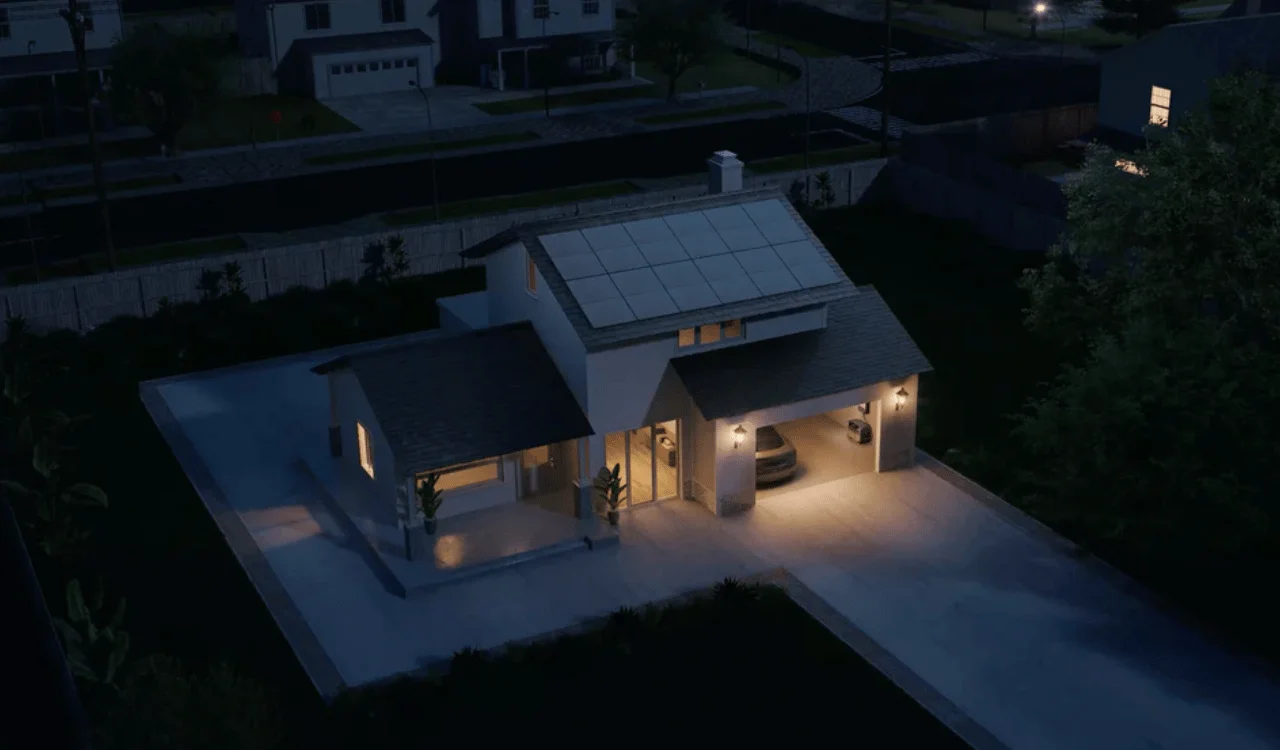
Having a home battery backup system is becoming increasingly crucial for homeowners. With the unpredictable nature of power outages, it is essential to take proactive measures to ensure uninterrupted power supply. These systems offer numerous benefits, from minimizing disruptions to your daily life to providing peace of mind during emergencies. Let’s explore why a home battery backup system should be a top priority for every homeowner.
Ensuring Uninterrupted Power Supply
A power outage can bring your household activities to a grinding halt, resulting in inconvenience and potential losses. However, with a home battery backup system in place, you can have peace of mind knowing that you won’t be left in the dark. These systems are designed to provide uninterrupted power supply during outages, enabling you to continue using essential appliances, lights, and electronics.
During a power outage, these system automatically switches on, ensuring a seamless transition to backup power. You won’t have to scramble for candles or portable generators; instead, you can carry on with your routine as the battery takes over and keeps the electricity flowing.
Benefits Of Backup Power

Investing in a home battery backup system offers a range of benefits beyond simply keeping the lights on during outages.
With these benefits in mind, it’s clear that a home battery backup system is an essential investment for any homeowner. Not only does it ensure uninterrupted power supply, but it also protects your appliances, saves you money, and brings peace of mind. Don’t let power outages disrupt your life – invest in a home battery backup system and enjoy reliable electricity when you need it most.
Types Of Home Battery Backup Systems
When it comes to choosing a reliable battery backup system, it’s essential to understand the different types available. Each type of battery has its own set of advantages and drawbacks, so it’s important to make an informed decision based on your specific needs and preferences. Let’s explore the two main types of home battery backup systems: lead-acid batteries and lithium-ion batteries.
Lead-acid Batteries
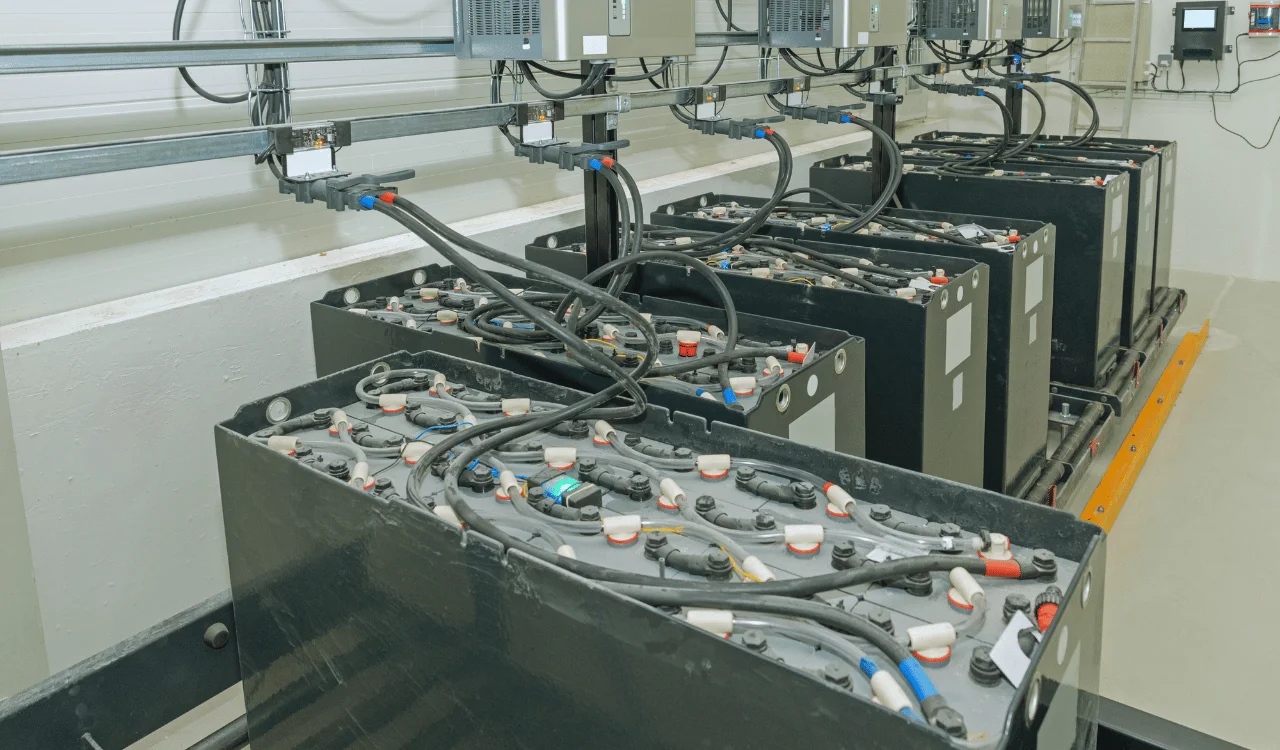
Lead-acid batteries have been used for decades in various applications, including home energy storage. They are known for their reliability and cost-effectiveness, making them a popular choice for homeowners looking to install a battery backup system. These batteries are available in different sizes and can be either flooded lead-acid or sealed lead-acid, offering flexibility for different energy storage needs.
Lithium-ion Batteries
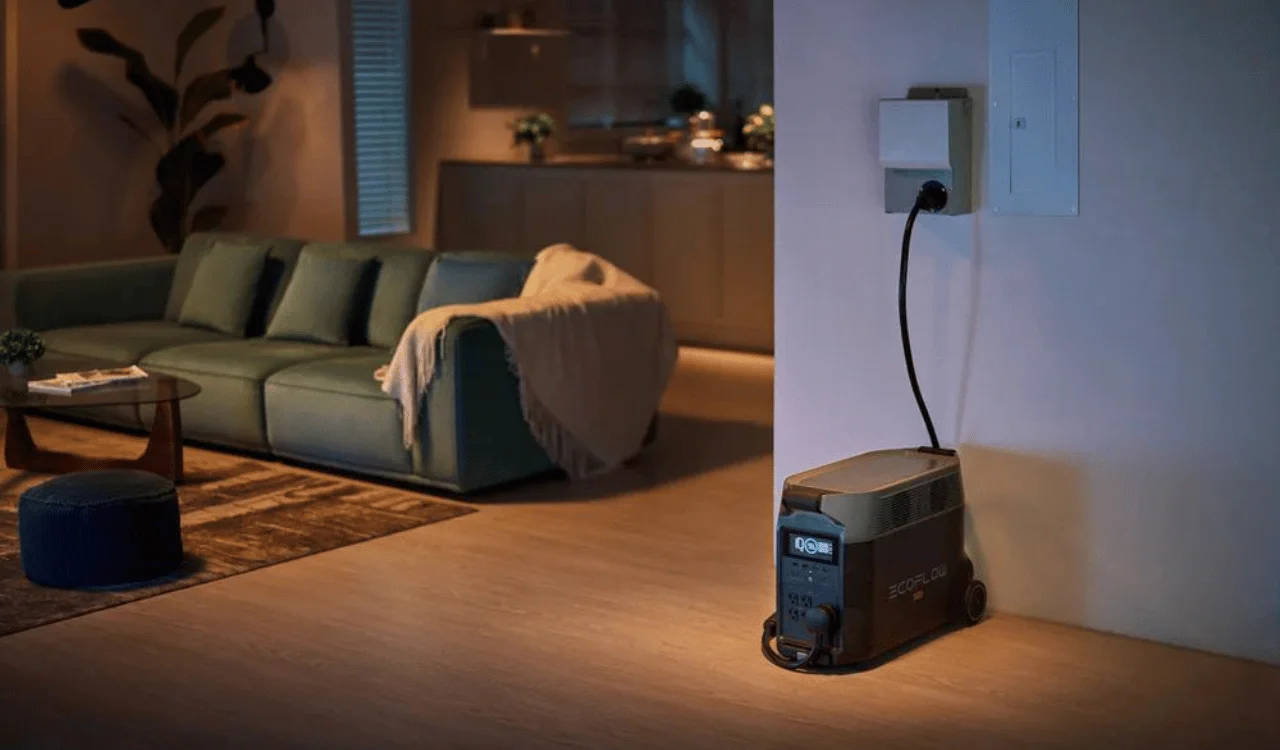
Lithium-ion batteries have gained popularity in recent years due to their high energy density and long lifespan. These batteries are known for their lightweight and compact design, making them a great choice for homeowners with limited space for battery installation. Although lithium-ion batteries typically come with a higher upfront cost compared to lead-acid batteries, their efficiency and longevity often make them a worthwhile investment for many homeowners.
Factors To Consider When Choosing A Home Battery Backup
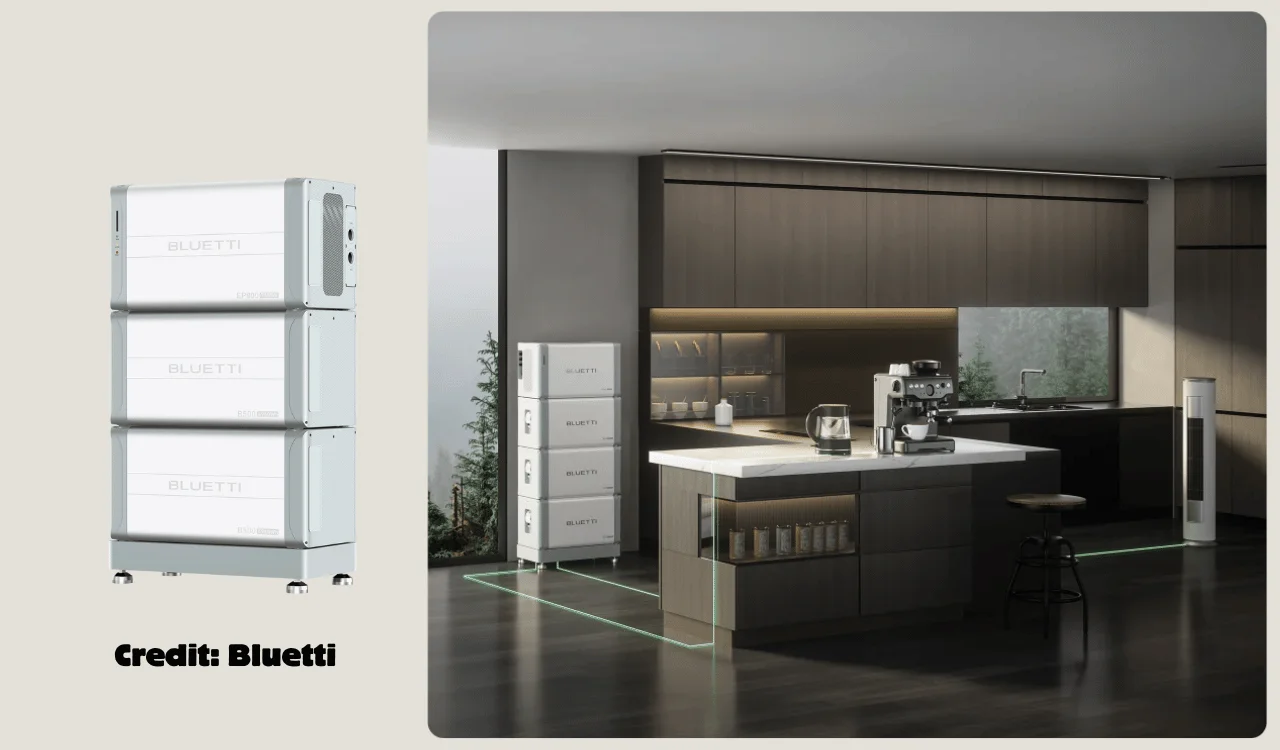
When selecting a reliable battery backup, consider capacity, compatibility, and warranty. Evaluate recharge times and maintenance needs for optimal performance. Assess space requirements and installation ease to ensure seamless integration into your home setup.
Factors to Consider When Choosing a reliable Battery Backup Capacity and Power Output Select a battery backup system with adequate capacity to meet your household energy needs during power outages. Ensure the power output matches the requirements of your essential appliances and devices.
Compatibility with Existing Setup Check the compatibility of the battery backup system with your current electrical setup. Verify if the system can seamlessly integrate with your solar panels or existing generator. Overall, prioritize a home battery backup that provides sufficient capacity and power output while ensuring compatibility with your existing setup.
Installation And Maintenance
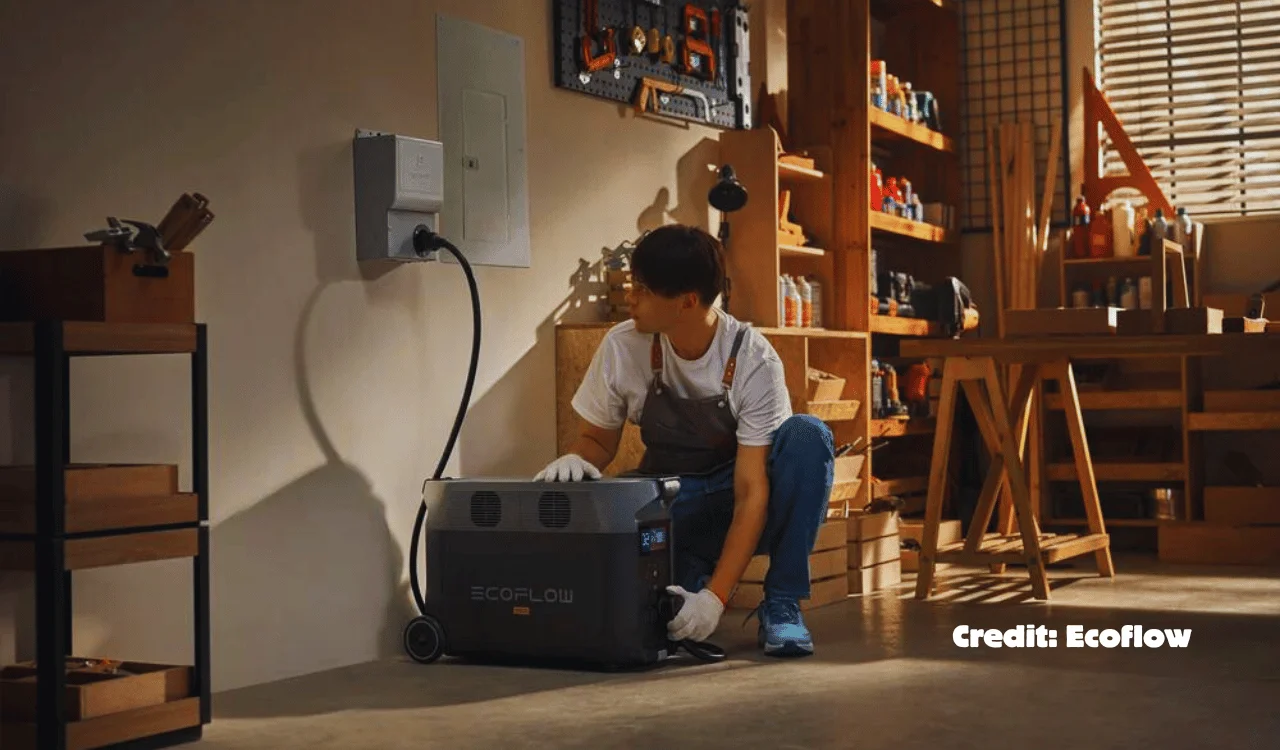
When it comes to ensuring a reliable power supply for your home, this battery backup installation and maintenance are crucial aspects to consider. Proper installation procedures and regular maintenance tips play a significant role in optimizing the efficiency and longevity of your home battery backup system.
Proper Installation Procedures
Successful installation of a home battery backup system requires careful planning and execution. Here are the key steps to ensure proper installation:
Regular Maintenance Tips
Regular maintenance is essential for the optimal performance and longevity of your home battery backup system. Here are some tips for effective maintenance:
Cost-effectiveness Of Home Battery Backup Systems
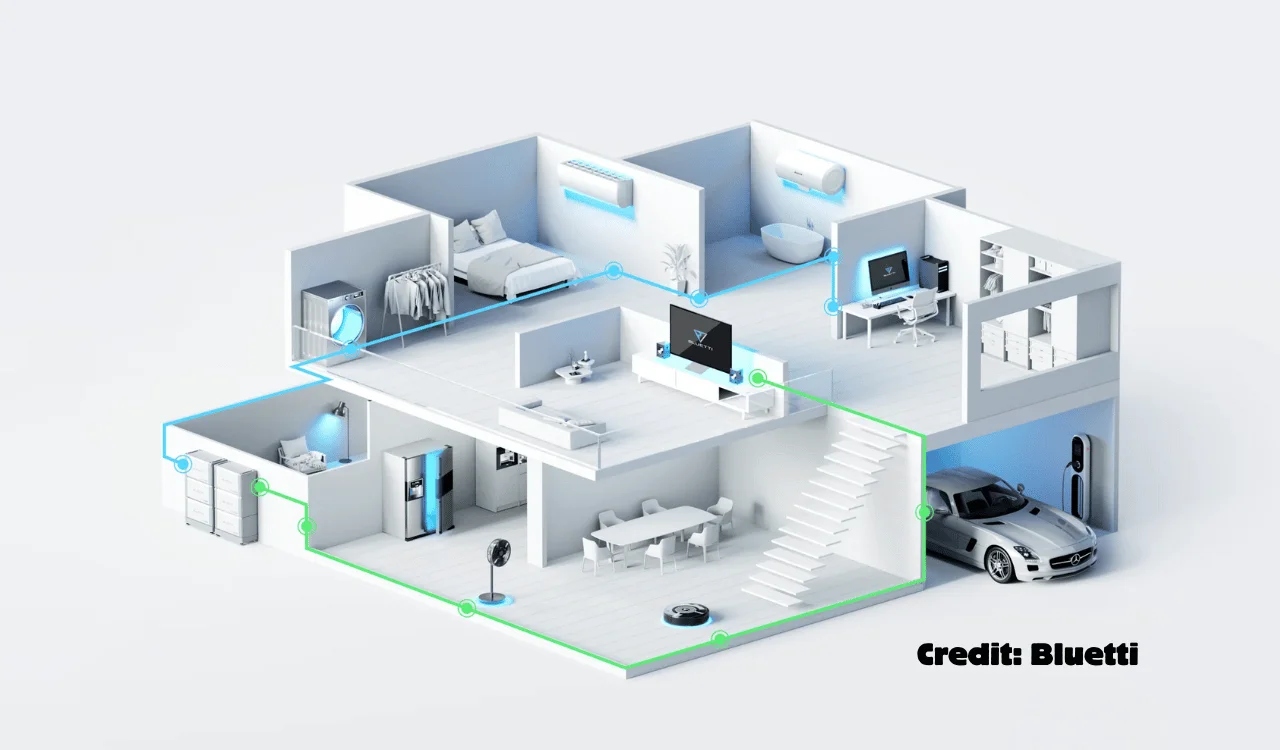
Discover the cost-effective benefits of implementing this types of battery backup systems. These systems provide reliable power backup during outages. They offer a sustainable solution for residential energy needs.
Long-term Savings
A home battery backup system offers significant long-term cost savings by reducing reliance on the grid.
Government Incentives
Government incentives encourage homeowners to invest in battery backup systems for resilient energy solutions.
Home Battery Backup Systems Comparison
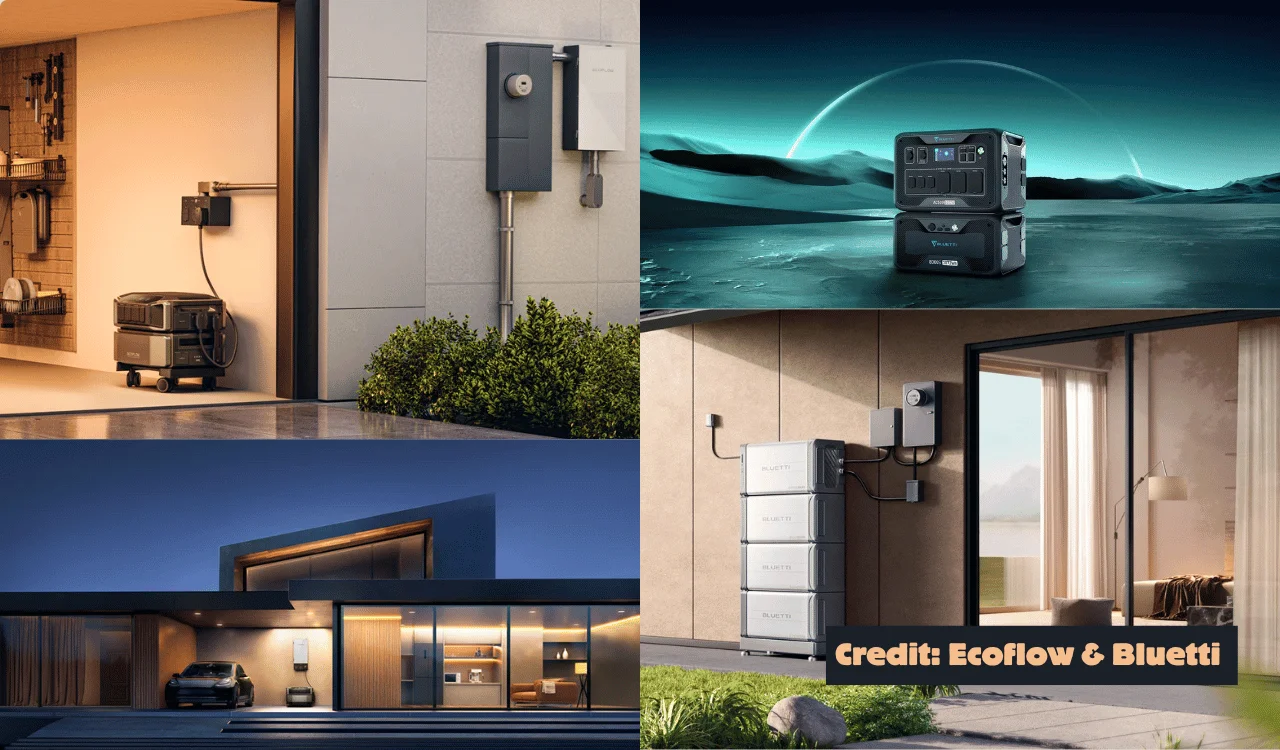
When it comes to ensuring uninterrupted power supply for your home, a home battery backup system is a smart investment. These systems act as a reliable source of power during utility outages, keeping your essential appliances and devices running smoothly. However, with so many options available in the market, finding the right home battery backup system can be overwhelming. To help you make an informed decision, we have compared different home battery backup systems based on their features, specifications, and user reviews.
Features And Specifications
A home battery backup system’s features and specifications play a crucial role in determining its performance and suitability for your specific needs. Here is a breakdown of the important features and specifications to consider:
User Reviews
Hearing from users who have already invested in a particular home battery backup system can provide valuable insights into its performance and reliability. Here are a few user reviews to help you understand the strengths and weaknesses of different systems:
“I have been using the Bluetti Home Battery Backup System for the past six months, and I’m incredibly satisfied with its performance. The battery capacity is impressive, and it easily powers my essential appliances during outages. The system’s monitoring and control features give me peace of mind, allowing me to monitor my energy usage effortlessly.”
“I recently installed the EcoFlow Home Battery Backup System, and I must say it has exceeded my expectations. The power output is outstanding, and the charging time is exceptionally fast. I highly recommend it to anyone looking for a reliable backup power solution.”
“The Bluetti Home Battery Backup System is a solid choice for those looking for a scalable solution. I initially started with one battery, but I have now expanded it to three batteries without any hassle. The expandability feature is a game-changer.”
Considering the features, specifications, and user reviews of different home battery backup systems can help you find the one that best suits your requirements. Now that you have a better understanding of what to look for, it’s time to choose a reliable and efficient backup power solution for your home.
Successful Home Battery Backup Implementations
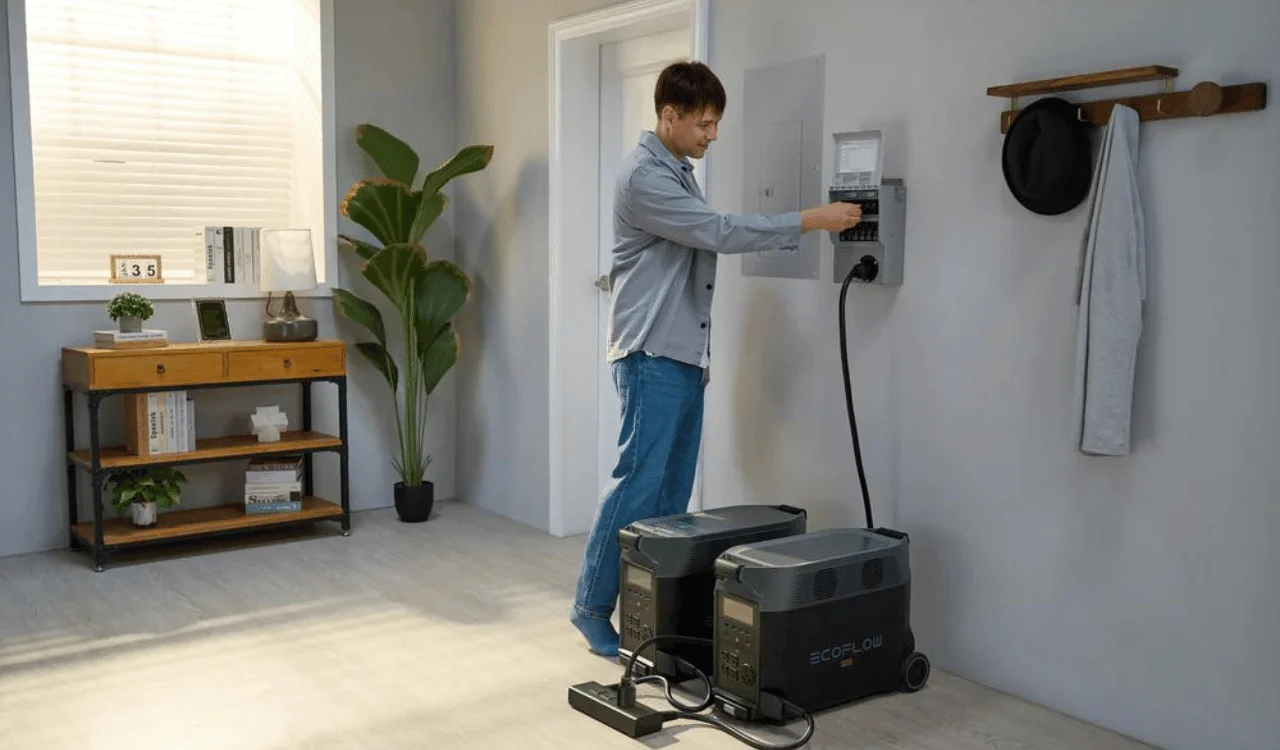
Residential Applications
Installing a home battery backup system can offer peace of mind and financial benefits for homeowners. Below are two case studies illustrating successful residential implementations.
Small Business Usage
Small businesses can benefit from home battery backup systems to ensure continued operations during power outages. Let’s delve into a case study demonstrating successful small business usage.
Future Trends In Home Battery Backup Technology

As our society continues to place a greater emphasis on renewable energy sources and sustainable living, the future of home battery backup technology looks promising. In this article, we will explore the advancements in energy storage and the integration of home battery backup systems with smart home technologies.
Advancements In Energy Storage
With the rapid pace of technological innovation, advancements in energy storage have opened up new possibilities for home battery backup systems. Traditional lead-acid batteries are being replaced with more efficient lithium-ion batteries, offering higher energy density and longer lifespans. These batteries are not only smaller in size but also lighter, making them easier to install and manage.
The development of solid-state batteries is another noteworthy trend in energy storage. These batteries use solid electrodes and electrolytes, eliminating the risk of leakage or thermal runaway. Solid-state batteries have the potential to revolutionize home battery backup systems by offering increased safety, longer battery life, and faster charging speeds.
Integration With Smart Home Systems
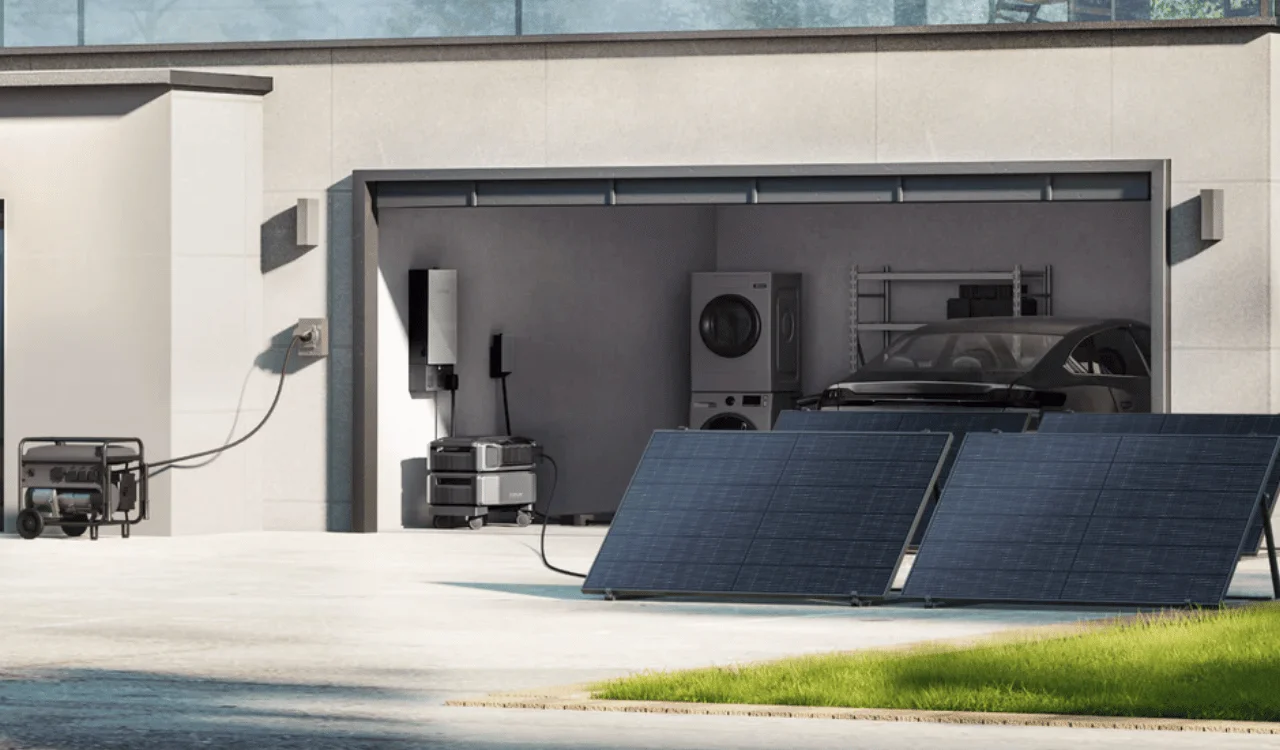
In today’s digital age, smart home systems play a crucial role in optimizing energy consumption and providing homeowners with greater control over their power usage. The integration of home battery backup systems with smart home technologies creates a seamless and intelligent energy management system.
By connecting these systems to smart home platforms, homeowners can monitor and control their energy usage in real-time. For example, they can choose to prioritize certain appliances during power outages or adjust energy usage based on time-of-use pricing. Smart home integration also allows for automatic charging and discharging of the battery in response to fluctuating electricity rates or grid demands.
Furthermore, the integration of these systems with smart home systems enables proactive energy management. Machine learning algorithms can analyze energy consumption patterns and make smart predictions to optimize battery usage. This ensures that homeowners can maximize their energy savings and reduce their reliance on the grid.
In conclusion, the future trends in home battery backup technology are centered around advancements in energy storage and integration with smart home systems. These developments promise greater efficiency, reliability, and control for homeowners, paving the way for a more sustainable and resilient energy future.
Frequently Asked Questions Of Home Battery Backup
A home battery backup system stores excess energy from your solar panels or grid power for later use. It provides a reliable source of power during outages and helps reduce reliance on the grid. This helps you save money and reduce your carbon footprint.
A home battery backup system is charged during periods of low energy usage, such as during off-peak hours or when solar production is high. When there’s a power outage, the system automatically switches to battery power. It seamlessly provides electricity to critical appliances and circuits, ensuring uninterrupted power supply.
A home battery backup system offers numerous benefits, including energy independence, lower electricity bills, reduced carbon footprint, and increased resilience during power outages. It allows you to maximize the use of solar energy, store excess power, and have peace of mind knowing you have backup power.
When choosing a home battery backup system, consider factors such as capacity, power output, efficiency, warranty, and compatibility with your existing solar setup. It’s essential to assess your energy needs, lifestyle, and long-term goals to select the right system that meets your requirements.
Conclusion
Having a home battery backup system is a reliable and sustainable solution for uninterrupted power supply during outages. It not only provides peace of mind but also ensures essential appliances and devices stay functional when there is no grid power available.
By investing in a home battery backup, you can efficiently store excess electricity and use it when needed, reducing your dependency on the grid and saving on energy costs. Make the smart choice for your home and embrace the benefits of a home battery backup system.